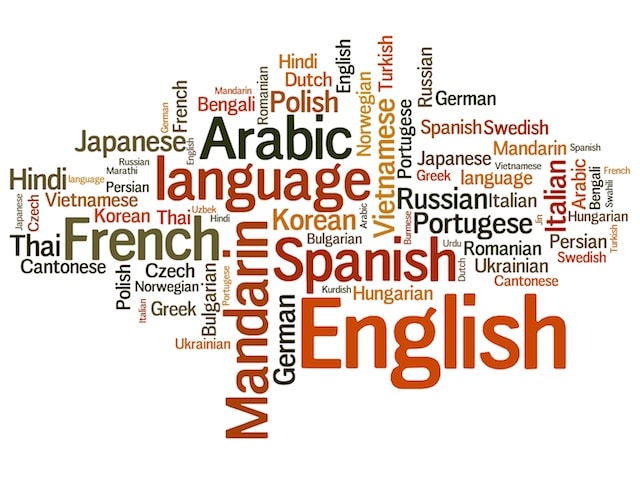KOREAN LANGUAGE
Understanding The Korean Language & Providing Professional Korean Interpreters, Translators and Transcriptionists
American Language Services ? (AML-Global) understands the importance of working in the Korean language. For over a Quarter of a Century, American Language Services ? has worked with the Korean language as well as hundreds of others from around the world. We offer comprehensive language services 24 hours, 7 days a week worldwide by providing Korean interpreting, translation and transcriptions services along with hundreds of other languages and dialects. Our linguists are native speakers and writers who are screened, credentialed, certified, field tested and experienced in a number of specific industry settings. The Korean language is unique and has very specific origins and characteristics.
The Similarities and Differences of North Korea and South Korea
Korean is the official language of North Korea and South Korea. Composed of one geographic area and two sovereign countires, North Korea and South Korea are literally two sides of the same coin when it comes to the differences and similarities in culture, language and history. South Korea is known for its ambitious technology and futuristic outlook on daily life. Much of what is being done today in terms of cutting edge technology is already being used in the daily life of South Koreans. In contrast, North Korea does not promote the heavy use of technology in the daily life of its citizens. Politically, South Korea is democratic in nature while North Korea is Communist. They both had leaders who wanted power and were basic dictators. There was the atmosphere of distrust. At the time of the Korean War, both were ruled by strong men dependent on their military to support them. Both also sought to unify the nation under them. The large social change in North Korea, in a political and social context, which is certainly very different of that in South Korea, may explain the magnitude of demographic change and the similarity in the two states.
The Classification of The Korean Language
The classification of the modern Korean language is uncertain, and due to the lack of any one generally accepted theory, it is sometimes described conservatively as a language isolate. Korean is similar to Altaic languages in that they both lack certain grammatical elements, including number, gender, articles, fusional morphology, voice, and relative pronouns. It is also considered likely that Korean is related in some way to Japanese, since the two languages have nearly identical grammatical structures, and share a number of possible phonological cognates.
Honorifics in Korean Language
When talking about someone superior in status, a speaker or writer usually uses special nouns or verb endings to indicate the subject’s superiority. Generally, someone is superior in status if he/she is an older relative, a stranger of roughly equal or greater age, or an employer, teacher, customer, or the like. Someone is equal or inferior in status if he/she is a younger stranger, student, employee or the like. Nowadays, there are special endings which can be used on declarative, interrogative, and imperative sentences, and either honorific or normal sentences. They are made for easier and faster use of Korean.
Who are You Going to Trust with Your Vital Korean Language Needs?
The Korean language is an important language worldwide. It is vital to understand the general nature and specific idiosyncrasies of Korean. Since 1985, AML-Global has provided outstanding Korean interpreters, translators and transcriptionsts worldwide.
























